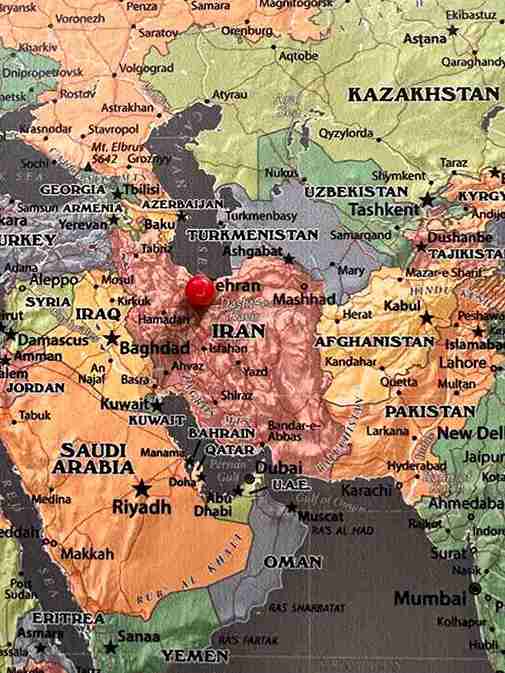Why Iran and Israel Are Enemies: A Simple Story Behind a Complex Conflict
The Middle East is a region full of fascinating history and complicated conflicts. One of the biggest tensions today is between two countries: Iran and Israel. Many people, including students and adults, wonder: Why are Iran and Israel enemies? This story explains how they started as quiet friends, why they became bitter rivals, and how global politics—including decisions by leaders like Donald Trump—have shaped this modern-day conflict.
Before we dive deep, it’s important to know that different people tell this story differently. Some support Israel, others support Iran. Our goal here is to share a clear, neutral story for learning, not to take sides.
The Early Years: Iran and Israel Were Friends
It might surprise many people, but Iran and Israel used to cooperate closely. Before 1979, Iran was ruled by Shah Mohammad Reza Pahlavi, a king who was friendly toward the West, including the United States and Israel.
During those years:
1979: The Iranian Revolution Changes Everything
In 1979, a huge event called the Iranian Revolution overthrew the Shah. A new government led by religious leaders under Ayatollah Khomeini took power. This new government called itself the Islamic Republic of Iran.
Khomeini and his followers:
You can read about the Iranian Revolution in more detail in this external source: Britannica – Iranian Revolution.
Iran’s New Strategy: Support Enemies of Israel
After the revolution, Iran started supporting groups who opposed Israel. Two major groups are:
Here’s a good article to learn more about Hezbollah: Council on Foreign Relations – Hezbollah.
Nuclear Tensions: The Iran Nuclear Program
One of the biggest causes of tension is Iran’s nuclear program. Iran insists it wants nuclear energy for peaceful purposes. But many countries, especially Israel and the United States, fear Iran might secretly build a nuclear bomb.
Israel has warned many times that it will attack Iran’s nuclear facilities if necessary to stop Iran from getting nuclear weapons. This has led to secret cyber attacks, sabotage, and even the assassination of Iranian nuclear scientists.
For more on Iran’s nuclear program, see this article: International Atomic Energy Agency – Iran.
Donald Trump Enters the Story
Donald Trump, who became President of the United States in 2017, made major changes that affected Iran and Israel’s conflict.
You can read more about Trump’s Middle East policies here: Brookings Institution – The Trump Doctrine: Middle East Edition.
Recent Clashes and the April 2024 Incident
While Iran and Israel have never fought a full-scale direct war, they have fought many smaller conflicts through “proxy wars.” This means they fight each other indirectly in other countries like Syria, Lebanon, or Iraq.
In April 2024, the conflict reached a new level. Israel carried out an airstrike in Syria that killed senior Iranian military officers. Iran vowed revenge and launched over 300 missiles and drones toward Israel. Fortunately, Israel’s advanced defense systems intercepted most of them. The world held its breath, worried that the situation could turn into a full-scale regional war.
Both sides claimed the other started the escalation:
Religion and Identity Play a Role
Another reason the conflict is so intense is religion and national identity:
- Iran is a majority Shia Muslim country.
- Israel is a Jewish state.
- Iran’s government considers Israel illegitimate because of the Palestinian issue.
Many leaders in Iran see themselves as defenders of Muslims worldwide, especially Palestinians. Israel, on the other hand, sees Iran as an existential threat seeking its destruction.
Why Does the World Care?
The Iran-Israel conflict matters for everyone because:
Will Iran and Israel Go to War?
No one knows for certain. Many experts believe both sides want to avoid a total war because the consequences would be disastrous for the region and the world. However, as long as both countries view each other as threats, small conflicts and dangerous escalations will likely continue.
To read other engaging stories about global events, check out our Story section here on Alphayem.
Also, you might enjoy reading our recent article: LASU 2025/2026 Admission Guidelines.
Understanding history helps us make sense of the present. The story of Iran and Israel is a perfect example of how alliances can shift, conflicts can grow, and global politics shape our world.
Did you find this article helpful? Let us know in the comments, and don’t forget to share it for others to learn too!

